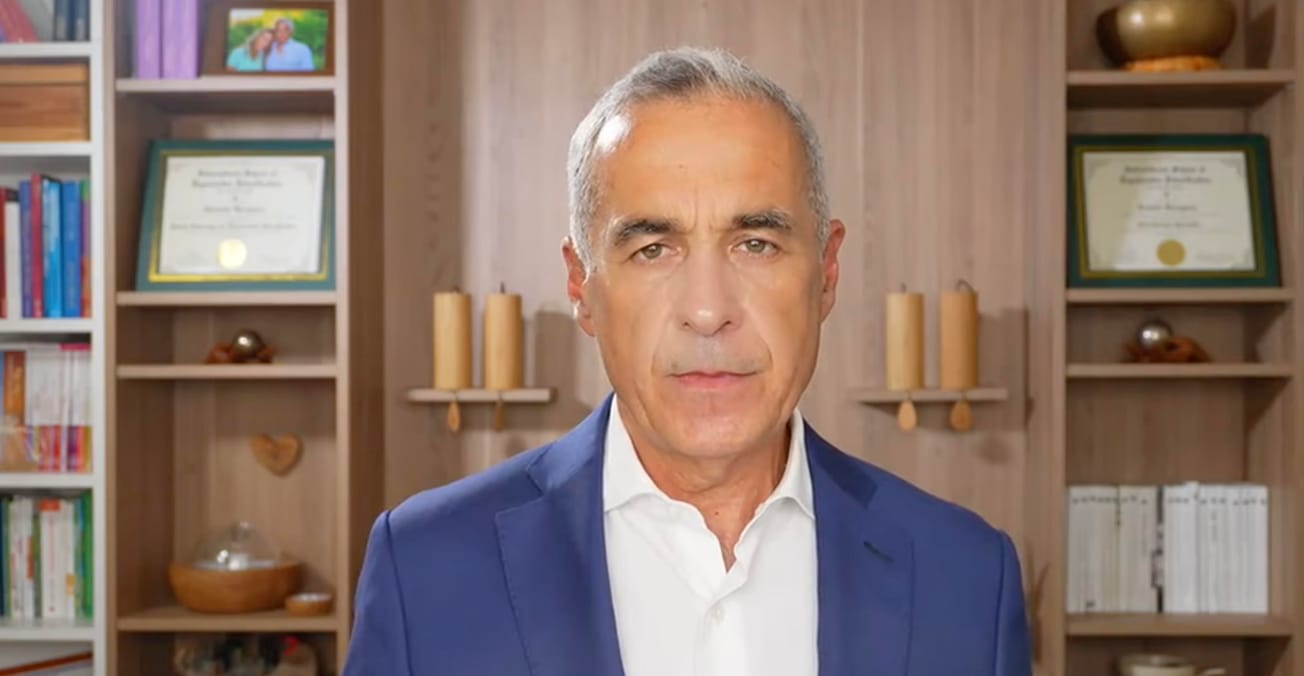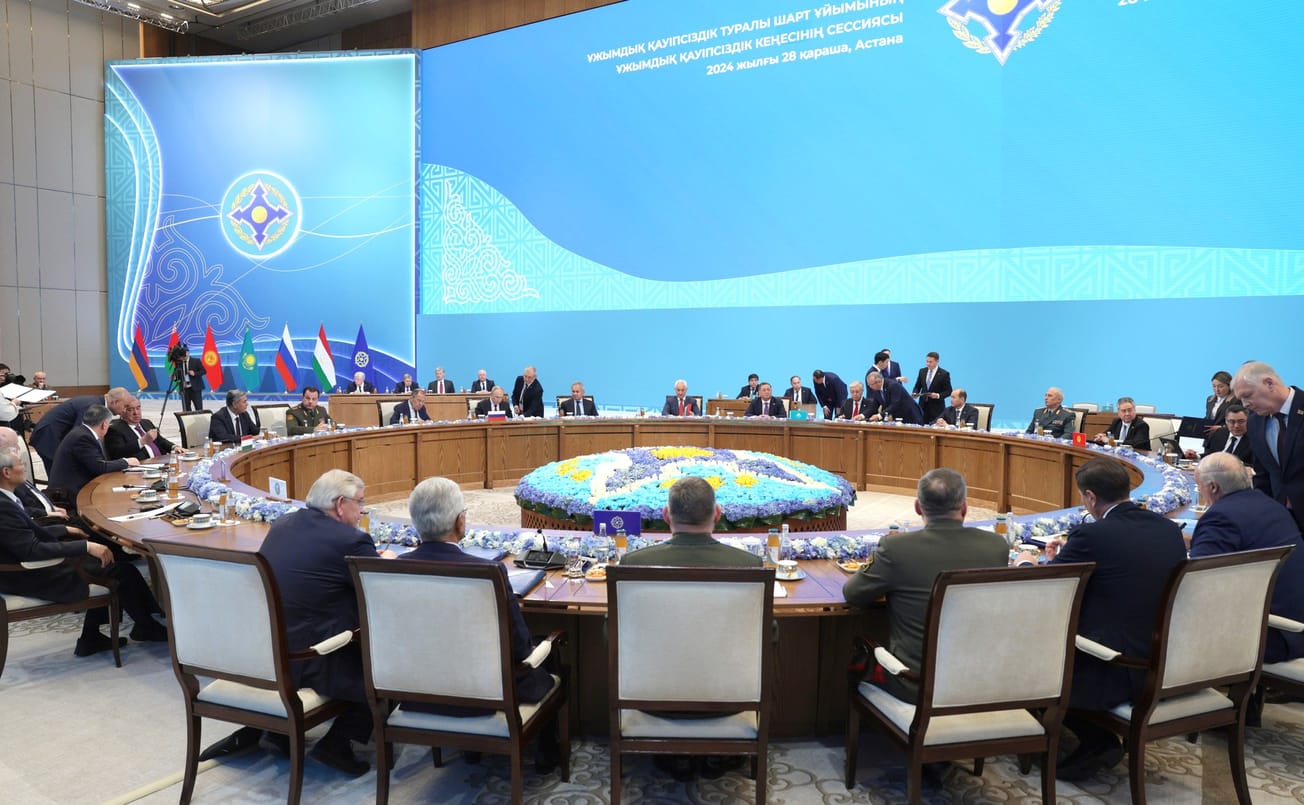Early Monday morning, two unnamed senior administration officials held a briefing for reporters to clarify details of the sanctions aimed at cutting Russia off from the world financial system before the markets opened.
“We are following through on our commitment to deliver overwhelming force…. After today’s actions,” Russia will not be able to use its $630 billion in reserves to defend itself, one official crowed. “Fortress Russia will be exposed as a myth. Already, you’ve seen the Russian Central Bank more than double its policy rate this morning to 20 percent. That’s the highest in almost two decades. The ruble is in freefall, and soon you’ll see inflation spike and economic activity contract.” An official again reiterated later: “These choices that Russia has been forced into are a reflection of the fact that inflation is now very likely to spike, purchasing power is likely to plummet, investment is likely to plummet.”
Their hopes of inducing regime-change through brutal austerity was evident; “[I]t’s a very raw deal Putin is giving to the Russian people as the world disconnects Russia from the global financial system and all its benefits,” they said.
We have been “talking about taking this action for months ... conceiving of the circumstances in which it would get deployed, the mechanisms by which we could apply it, the coordination that will be required to give it force,” the officials emphasized. They were proud: meticulous planning since November “across technical, diplomatic and political channels, including at the highest levels,” between allies, allowed the U.S. to act quickly “to sanction the central bank of a one-and- a-half-trillion-dollar economy, multiples larger than Iran’s or Venezuela’s … the most significant actions that the U.S. Treasury has taken against an economy of this size and assets of this size.”
For the moment, Russian sales of energy are exempted from the sanctions, because of, as White House spokeswoman Jen Psaki explained in her Monday briefing, the “extreme consequences on the world energy markets, particularly for our European partners” that they would entail. But the officials, like Psaki, were quick to add that Russian energy-sale bans are being planned. The early Monday AM briefing concluded with the statement that “over the long term, though — and this is important — we also have a collective interest to degrade Russia’s capacity to be a leading energy supplier…. And over the long term, that requires critical technology inputs that would allow Russia to remain a leader in energy production. And there you’ve already seen some actions taken by the EU and a scenario we’re exploring actively.”
Take note also: Russia’s vaccine capabilities are deliberately targeted. The officials emphasized that the Russian Direct Investment Fund (and its CEO) have been “fully blocked,” the RDIF and its leadership labeled “symbols of deep-seated Russian corruption and influence-peddling globally.” Left unsaid, was the RDIF’s critical role during this pandemic in financing the development and production of Sputnik V and other Russian vaccines in poor and developing sector countries which the West refused to help, as well as in Russia.




